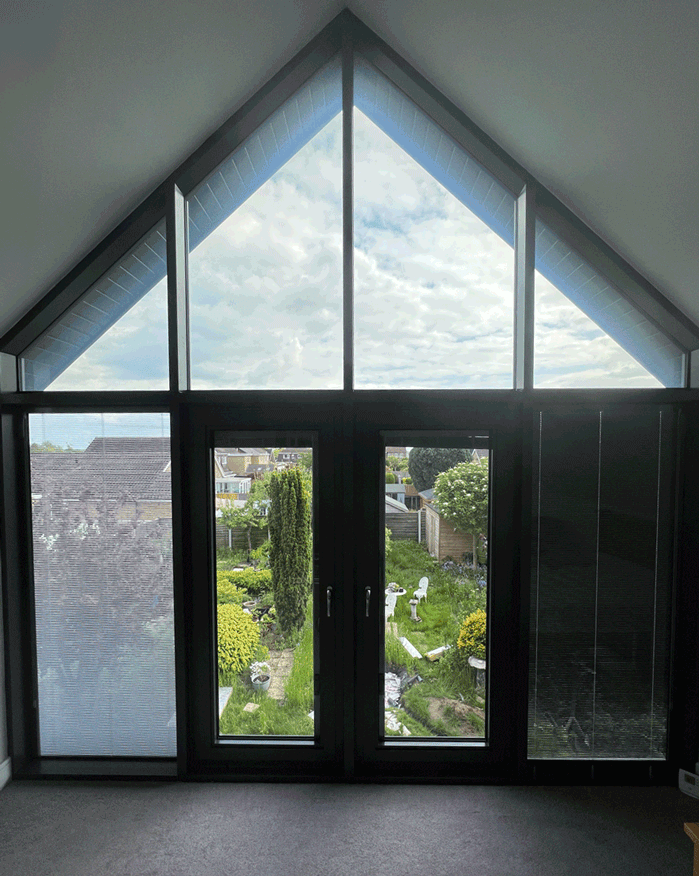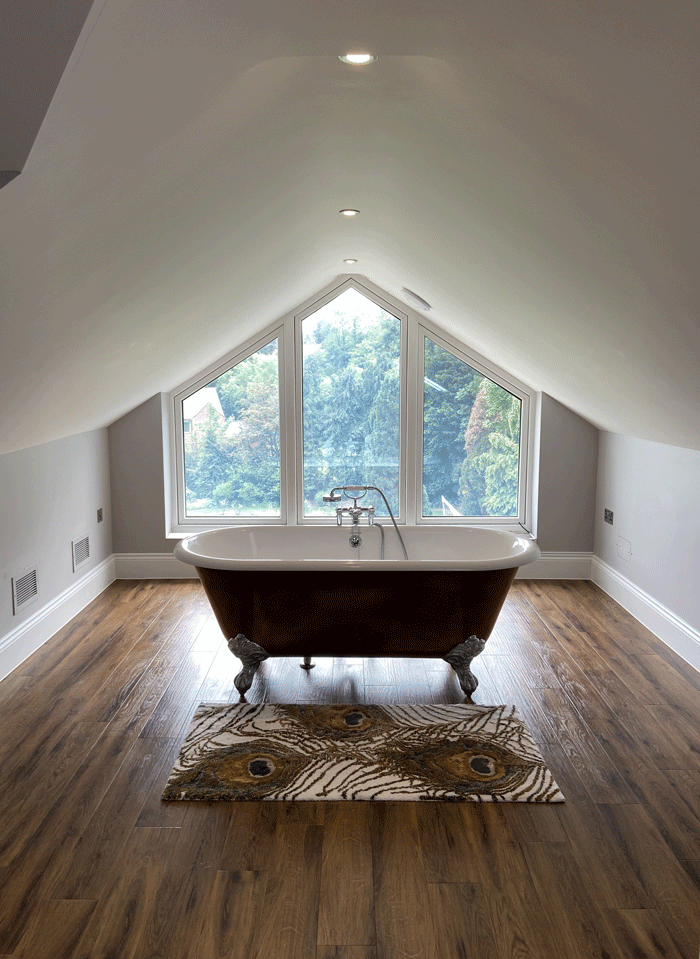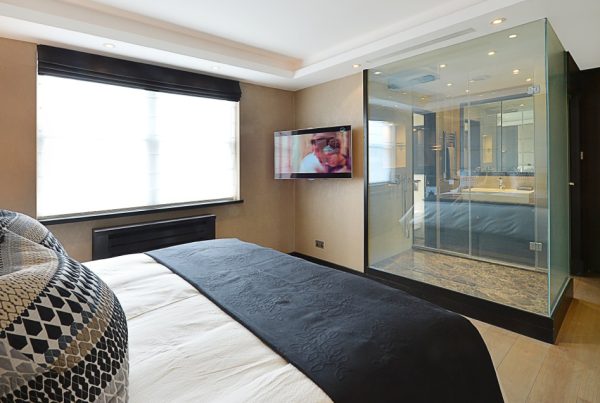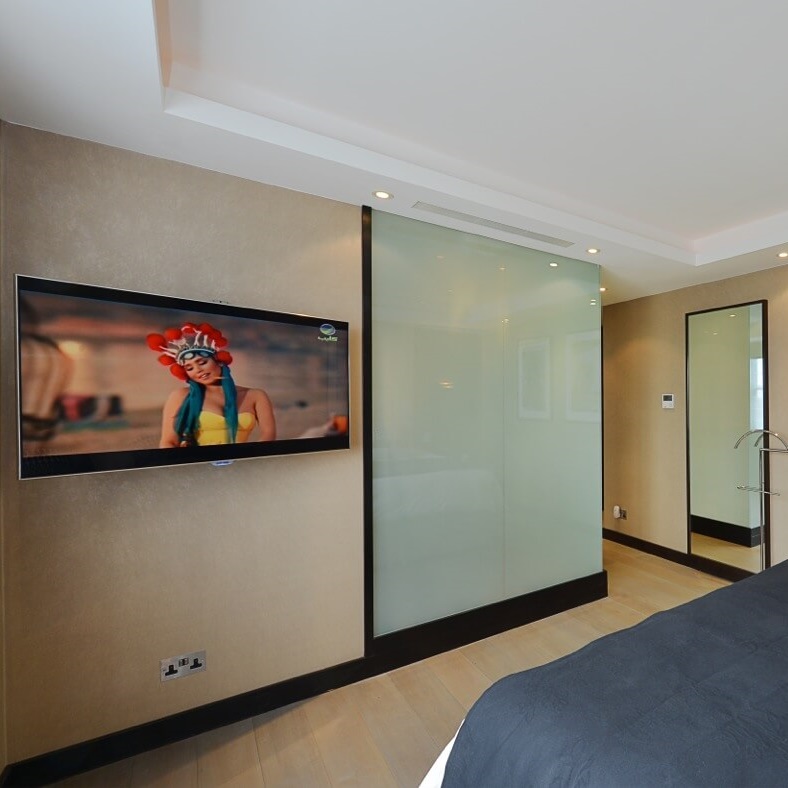The market for switchable glass is growing rapidly. The global smart glass market was valued at $5.2 billion in 2022 and is expected to grow at 10.9% per year to $11 billion by 2030. The growth of the smart glass market is being driven by the demand for energy efficiency, security, and comfort. Smart glass can help to reduce energy consumption, improve security, and create a more comfortable environment. The smart glass market is segmented by type, application, and region. The most common type of smart glass is PDLC smart glass, and the most common application for smart glass is in buildings. The smart glass market is expected to grow fastest in Asia-Pacific and its largest region is North America. Worldwide energy conservation initiatives and automobile, construction and consumer electronics applications are expected to increase the demand for smart glass.

Bill Gates has expressed his interest in smart glass technology in a number of interviews and articles. In his book How to Avoid a Climate Disaster, Gates wrote that he is “intrigued by windows that use so-called smart glass, which automatically turns darker [off] when the room needs to be cooler and lighter [on] when it needs to be warmer. New building regulations can help promote these energy-saving ideas, …” He believes that smart glass has the potential to help buildings use energy more efficiently, which could help to reduce greenhouse gas emissions and reduce heating and cooling costs. Gates has also spoken about the potential of smart glass for security applications. In an interview with CNBC, he said that smart glass could be used to create “privacy windows” that can be made opaque to prevent unauthorized people from seeing what is happening inside a building. He also sees potential for smart glass in the automotive industry, where it could be used to create windshields that can be made darker to reduce glare.

Smart glass presents an innovative solution that can replace traditional window blinds and curtains. Unlike blinds, which are typically made of carbon-intensive materials like plastic and metal, smart glass is more sustainable. By dynamically switching in response to external conditions, smart glass can regulate sunlight, heat, and glare without the need for additional window coverings. Beyond convenience, smart glass offers significant environmental benefits. By attenuating heat & light, smart glass reduces heating and cooling requirements, lowering associated carbon emissions. Smart glass can also convert a single pane into double panes, improving insulation and provides sound dampening.
Smart glass has a wide range of potential applications, including:
- Building automation: Smart glass can control the amount of light and heat that enters a building, which can help to reduce energy consumption. For example, smart glass windows could be made transparent during the day to let in natural light and then made opaque at night to retain heat.
- Security: Smart glass can be used to create privacy windows or to prevent unauthorised access to a building. For example, a smart glass window could be made transparent when someone is authorised to enter a building, and made opaque when someone is not authorised to enter.
- Entertainment: Smart glass can be used to create interactive displays or to project images onto windows and other surfaces. For example, a smart glass window could be used to display weather information, news headlines, or even a movie.
- Healthcare: Smart glass can be used to create augmented reality (AR) systems for medical training or diagnosis. For example, a surgeon could use a smart glass visor to see real-time patient anatomy information while performing surgery.
The potential applications of smart glass are endless. As the technology continues to develop, we can expect to see even more innovative and ground-breaking uses for smart glass in the years to come.
Retrofitting windows with Intelligent Glass’s switchable smart film is a more sustainable solution than replacing them entirely. Glass is a major source of carbon emissions, and there is a lot of glass already in the world. Making existing windows smart would reduce the need for new glass, which would help to reduce our carbon footprint.


























